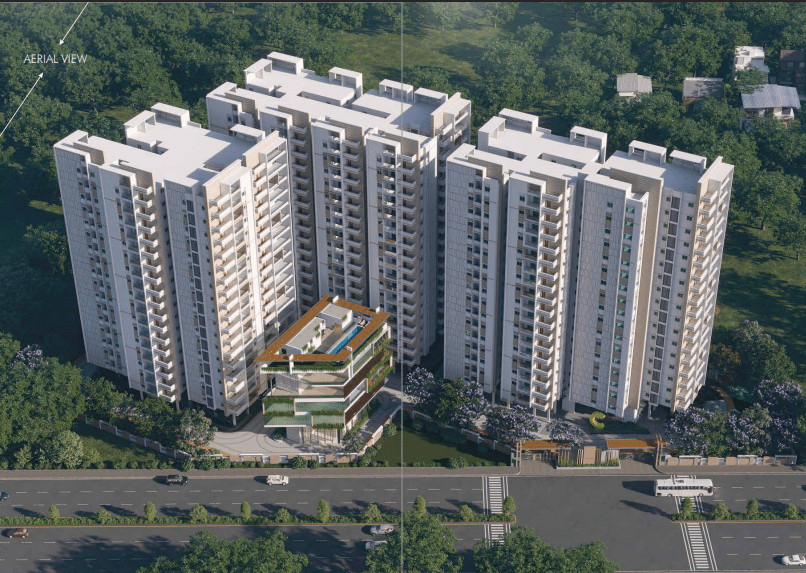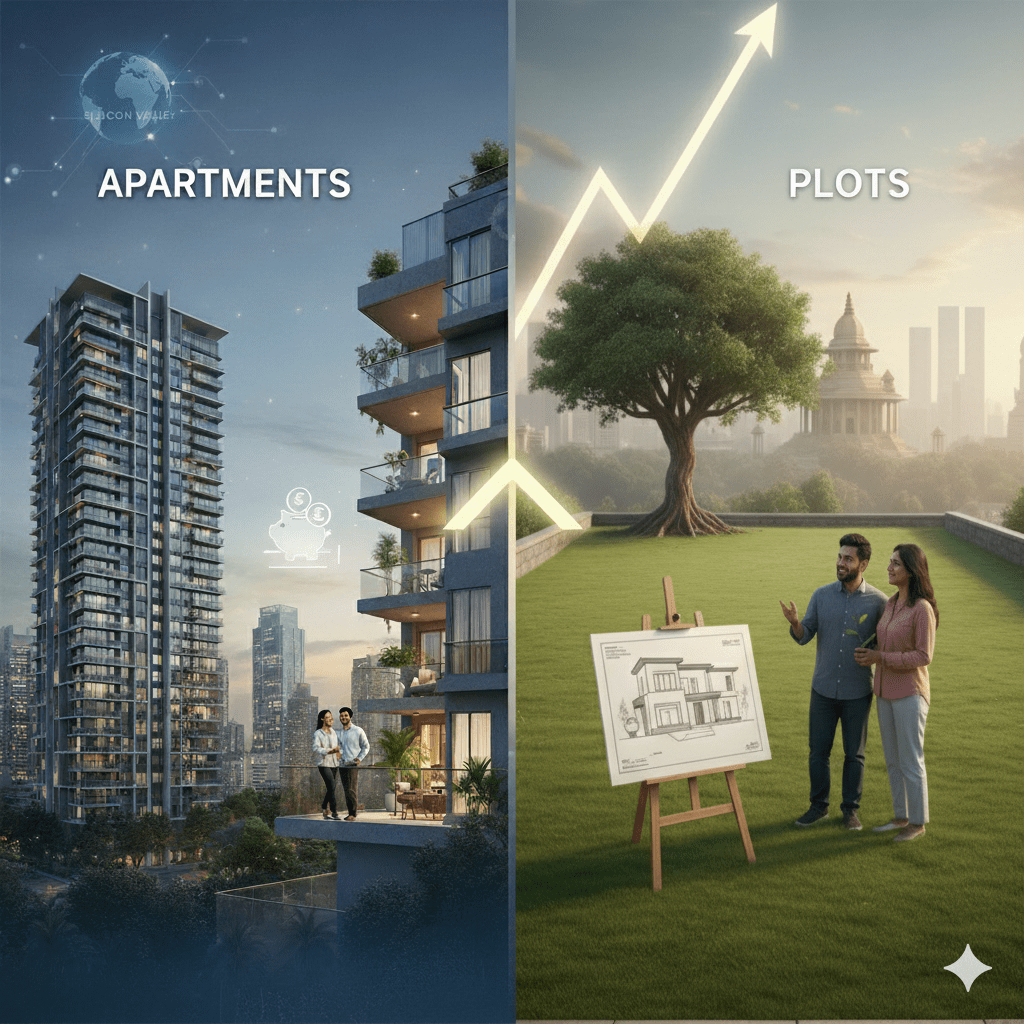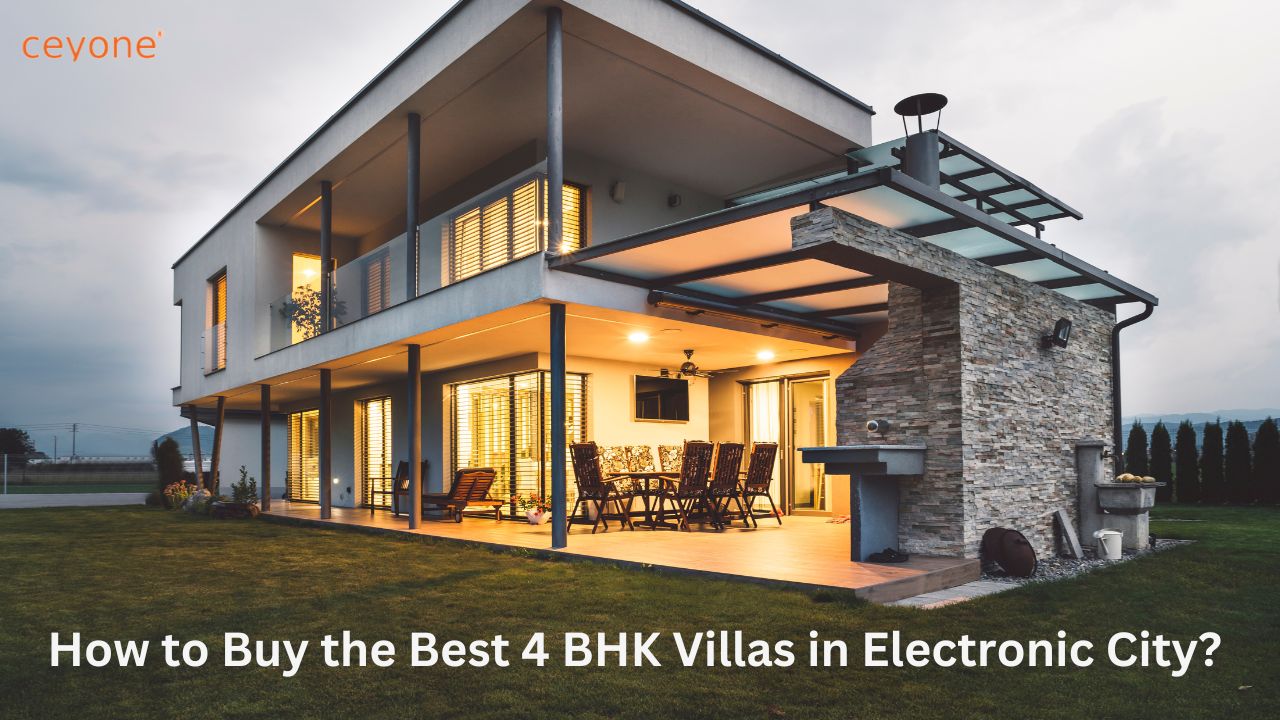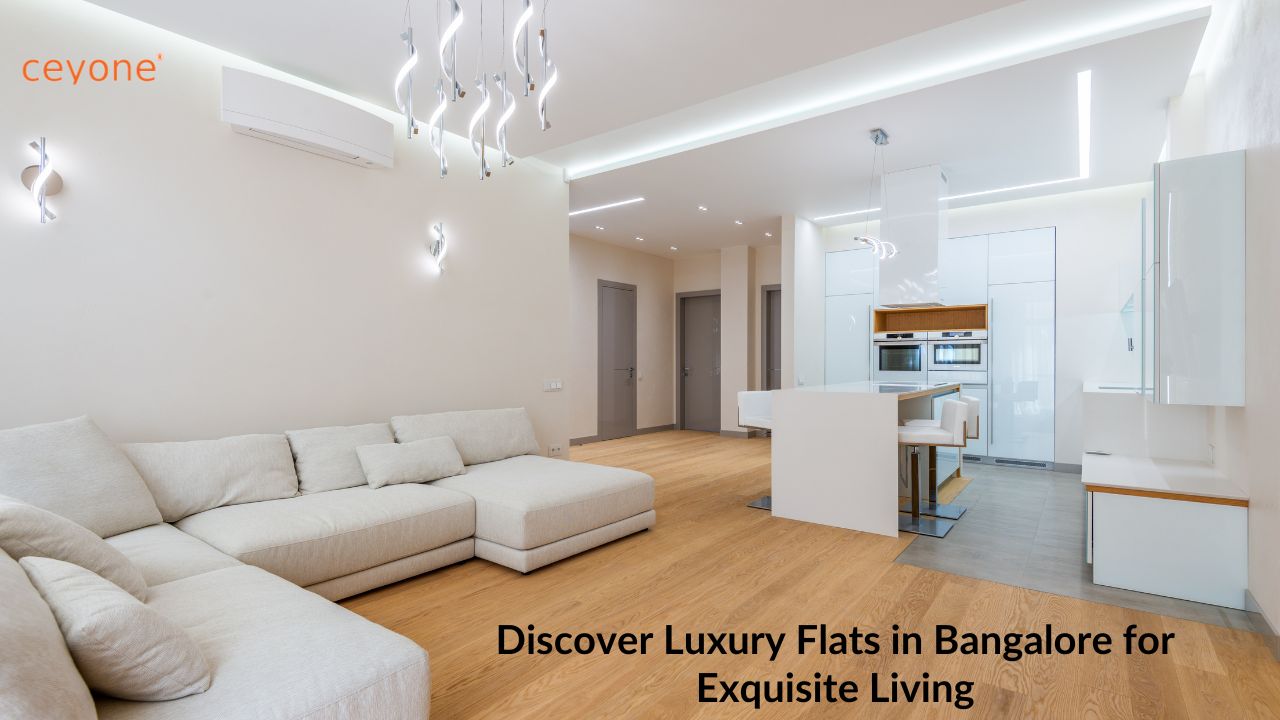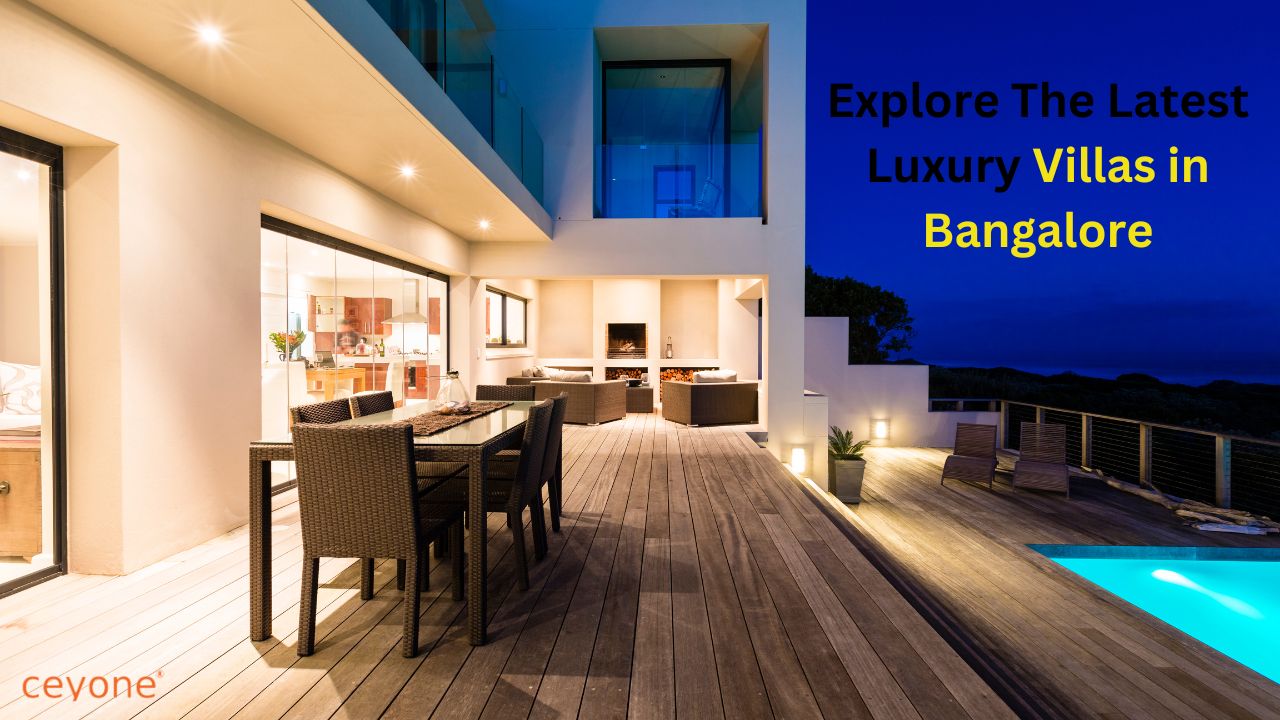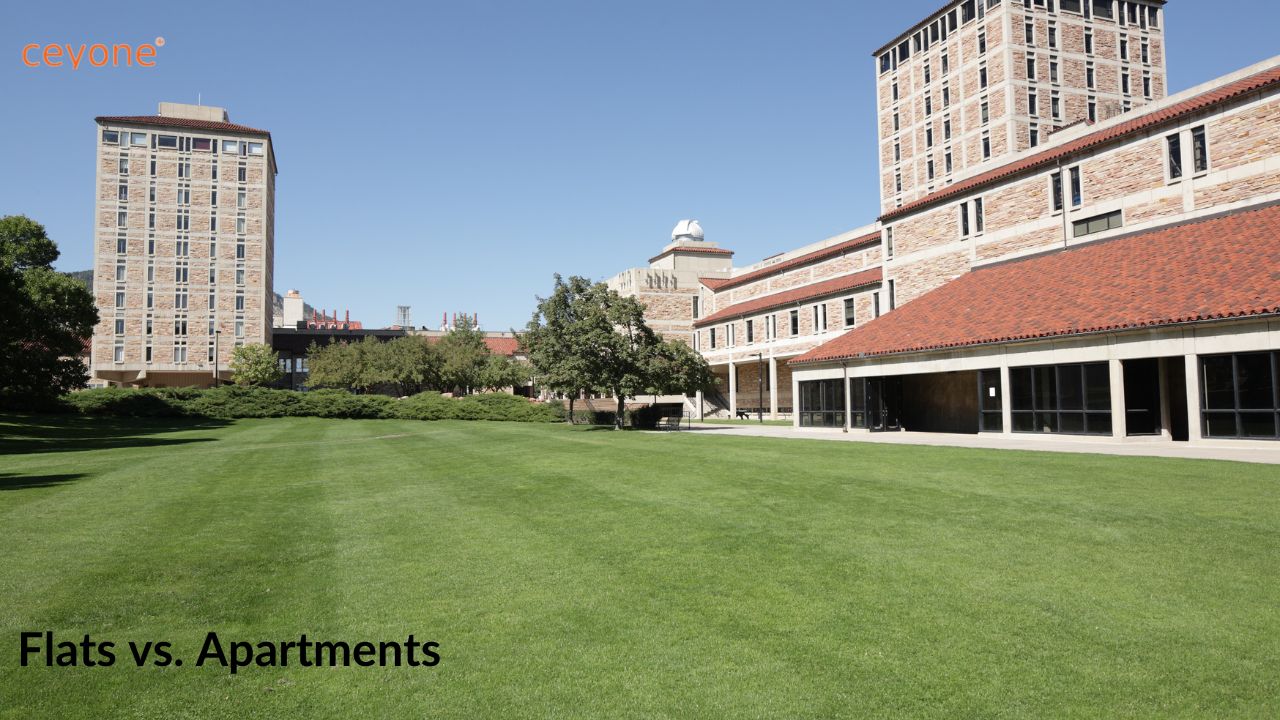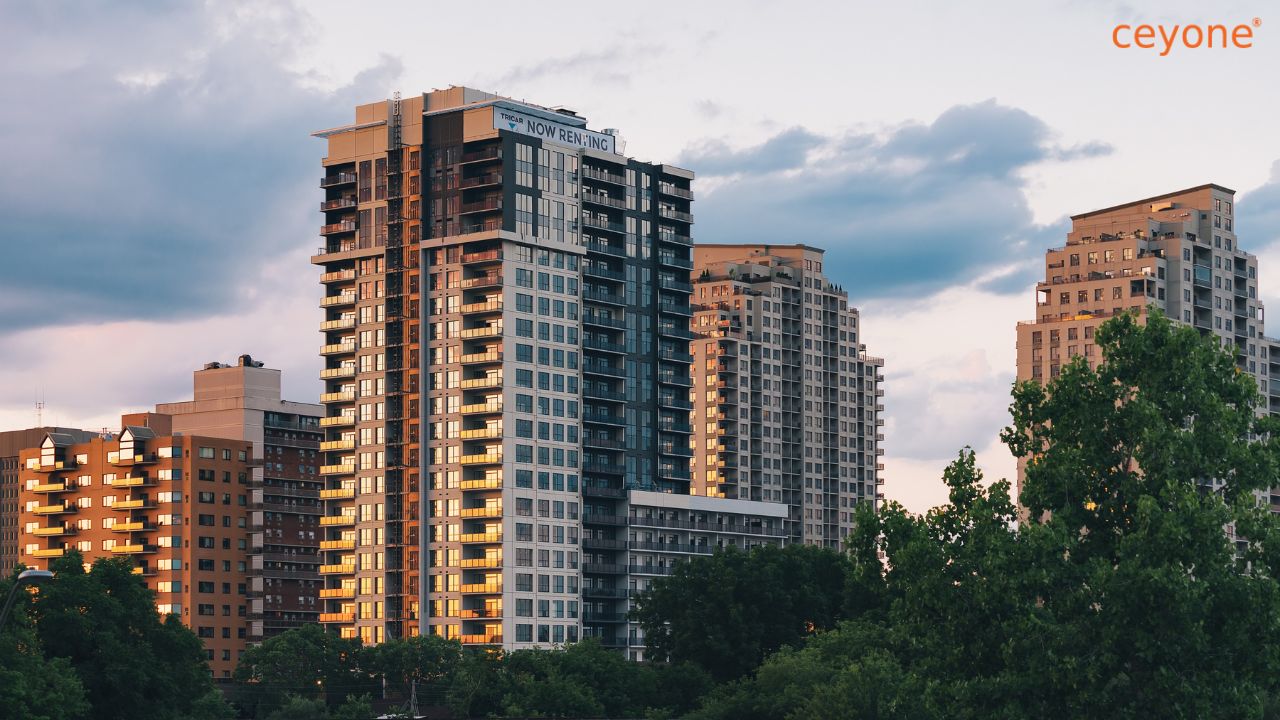How Millennials Are Driving Changes in the Indian Real Estate Market
66% of Millennials prioritise real estate investment and their love for compactness, convenience, connectivity & communal living redefines Indian real estate.
Preferences and priorities of home ownership vary from individual to individual. As of 2024, Millennials are driving the change in the Indian real estate market in multiple ways. Born between 1981 and 1996, unlike their Gen X and Baby Boomer predecessors, Millennials value experience over possession leading to emerging co-living spaces and micro apartments.
Millennials are not driving, but revolutionizing the real estate trend. Their unique preference for tech, sustainability and work-life balance creates a new dimension of convenient and communal living. Check out 5 interesting “Millennials Effect on Indian Real Estate”.
- Priorities over Possession
Millennials prioritise and have a distinct taste for experience over possession. The way they live, every moment spent has to be “worth it” or “well spent.” These have led to the rise of integrated townships with international schools, super-speciality hospitals, hypermarkets, and gated communities with world-class engaging and active lifestyle amenities.
- Lifestyle
Millennials are regarded as the “Lifestyle Generation” redefining the real estate landscape like never before. The definition of home is no longer confined to a four-wall shelter and a roof over your head, it’s an expression of individuality and aspirations.
This generation asks for privacy complemented by communal living. Millennials are drawn towards properties that foster social engagement, encourage wellness activity and promote work-life balance. Properties for sale are complemented with dedicated coworking spaces, conference rooms for work time, jogging tracks, spa and meditation rooms to relieve stress and hyperactive sports, fully equipped gyms, and swimming pools for a great workout.
- Tech Savvy
Tech is shaping the next wave of real estate development. Developers are tailoring their networking and offerings around unique tech desires and dreams. Millennials, the “Tech-Gen”, are leveraging technology to find properties, review, make investment decisions, book online, do transactions, have real-time consultations, and gather feedback.
If a property is not appetising to millennials, it’s straight to Google reviews. Developers are going full throttle to make their presence bold in digital media. Efforts have also been made to provide 3D virtual tours, video tours, AR tours, virtual reality and walkthroughs.
CoEvolve Florenza, offering 2 & 3 BHK apartments in Bangalore, is an exceptional example that live streams the project site on the website. Anyone can view the progress of the property construction at any time, from anywhere. Similarly, Buildiko Spring Woods and Breeze Park have a virtual tour of their model villa to showcase the living space offerings.
Home automation has become an integral part of properties for sale. Properties in Bangalore like Sri Balaji Urban Retreat and Big Banyan Palm Meadows offer smart homes that are voice, touch and app automated. Digital door locks with monitors and security cameras with access and monitor control on your handset enhance the safety of the residents and their residences.
- Sustainability
To be honest, millennials are the generation to witness drastic environmental changes and adverse impacts on lifestyle. Say– water scarcity, polluted water, mutant food, lack of rain, hot climate, etc. Millennials are more likely to invest in properties with sustainable features such as rainwater harvesting, solar panels and energy-efficient appliances.
CoEvolve Florenza is, yet again, an excellent example that offers Earth-healing 2 & 3 BHK apartments in Bangalore. The property checklist includes– zero topsoil loss, zero water discharge community, bio-STP, solar and rain harvest, water meters, recycled water, groundwater recharge, low-flow water fittings, energy-efficient building materials and plans and more.
Nyra Sunterra offers solar-powered 4 BHK villas off Sarjapur, Bangalore. You can reduce your bill on electricity, save hydro and thermal usage. Check out if you can gain some return if your solar generation goes to the grid.
- Concept
While owning large properties with huge open spaces was the traditional notion of homeownership, millennials prefer more compact and functional spaces. These increased traction for co-living, shared accommodation and rentals. The benefit is flexibility and freedom to move around at any point in time between cities for career opportunities.
Observation
Millennials’ influence is undeniable in Indian real estate driving growth and innovation in the sector. With developers’ positive response to these evolving needs, the Indian real estate market is poised for an exciting future. A recent report by the Knight Frank Project indicated that the Indian real estate sector is likely to achieve $1 trillion by 2030.
Anarock customer sentiment survey H1 2024 reports that 59% consider real estate the best asset class for investment and 66% of millennials intend to invest in real estate.
Over 67% of Indians plan to buy a property to reside in and the remaining 33% for investment. Out of these 33%, 57% want to earn rental income and 20% sell property at an appreciated rate. Over 51% prefer 3 BHK units and 58% prefer to buy an apartment.

